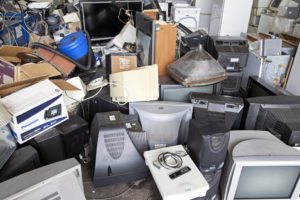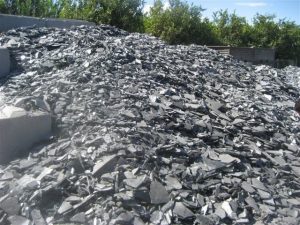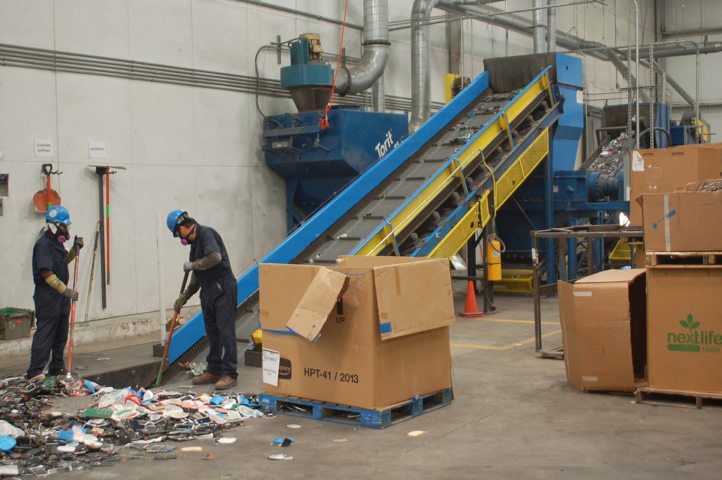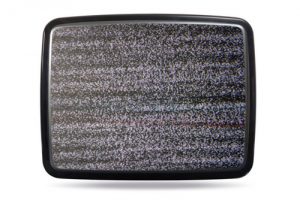 West Virginia has repealed a ban on the landfilling of televisions and other devices.
West Virginia has repealed a ban on the landfilling of televisions and other devices.

 West Virginia has repealed a ban on the landfilling of televisions and other devices.
West Virginia has repealed a ban on the landfilling of televisions and other devices.
 A hearing on Pennsylvania’s e-scrap program touched on a legislative proposal to substantially increase manufacturer collection goals as well as alternative solutions to ensure collected material gets recycled.
A hearing on Pennsylvania’s e-scrap program touched on a legislative proposal to substantially increase manufacturer collection goals as well as alternative solutions to ensure collected material gets recycled.
 Best Buy has announced it will begin charging for TVs and computer monitors customers bring into the company’s stores for recycling.
Best Buy has announced it will begin charging for TVs and computer monitors customers bring into the company’s stores for recycling.
 A recently released export tracking study from the Basel Action Network found that roughly one-third of low-value devices dropped off for recycling in the U.S. ended up outside the country.
A recently released export tracking study from the Basel Action Network found that roughly one-third of low-value devices dropped off for recycling in the U.S. ended up outside the country.
 Seattle-based Total Reclaim has admitted to exporting broken, mercury-containing flat panel monitors to Hong Kong after an investigation by the Basel Action Network followed the devices overseas. The company’s long-held e-Stewards certification has been withdrawn for two years as a result.
Seattle-based Total Reclaim has admitted to exporting broken, mercury-containing flat panel monitors to Hong Kong after an investigation by the Basel Action Network followed the devices overseas. The company’s long-held e-Stewards certification has been withdrawn for two years as a result.
 Firms active in California’s electronics recycling program increasingly turned to landfill disposal for CRT material in 2016.
Firms active in California’s electronics recycling program increasingly turned to landfill disposal for CRT material in 2016.
 Hamstrung by regulatory setbacks in Pennsylvania and New York, Nulife Glass is in the midst of a major restructuring in order keep its CRT glass recycling business alive.
Hamstrung by regulatory setbacks in Pennsylvania and New York, Nulife Glass is in the midst of a major restructuring in order keep its CRT glass recycling business alive.
 In a paper published late last month in the journal Environmental International, Harvard University’s Diana Ceballos and colleague Zhao Dong found that the global formal e-scrap sector has ample room to improve when it comes to reducing environmental and occupational exposures.
In a paper published late last month in the journal Environmental International, Harvard University’s Diana Ceballos and colleague Zhao Dong found that the global formal e-scrap sector has ample room to improve when it comes to reducing environmental and occupational exposures.
 A Virginia-based processor has run into CRT glass management challenges in the wake of the collapse of Closed Loop Refining and Recovery.
A Virginia-based processor has run into CRT glass management challenges in the wake of the collapse of Closed Loop Refining and Recovery.
 The industry watchdog group BAN recently found certified processing companies exporting non-functional electronics. Leaders of certified firms, however, say the impact of environmental standards remains strong.
The industry watchdog group BAN recently found certified processing companies exporting non-functional electronics. Leaders of certified firms, however, say the impact of environmental standards remains strong.
